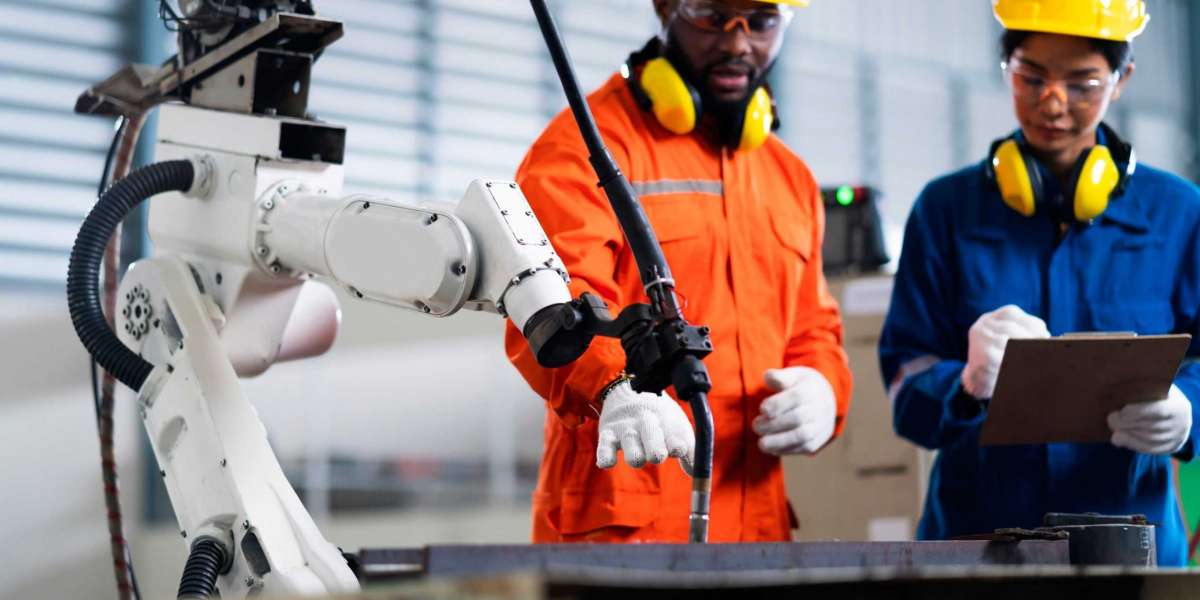Industrial automation is transforming industries, making processes faster, smarter, and more efficient. If you're looking to break into this exciting field, you’ll need the right mix of knowledge, hands-on practice, and industry insights. Whether you're aiming for a role as a PLC programmer, controls engineer, or automation specialist, here’s a step-by-step guide to get you started.
1. Learn the Basics of Automation
Before diving into complex systems, build a strong foundation. Key areas to focus on include:
PLCs (Programmable Logic Controllers) – The brains of industrial automation.
SCADA (Supervisory Control and Data Acquisition) – Used for monitoring and controlling large-scale processes.
HMIs (Human-Machine Interfaces) – The dashboards operators use to interact with machines.
Sensors Actuators – The eyes and hands of automated systems.
Where to Learn?
Online courses (Udemy, Coursera, or dedicated PLC and SCADA training programs).
YouTube tutorials
2. Get Hands-On Experience
Theory alone won’t cut it—automation thrives on practical skills. Here’s how to gain experience:
Build Mini Projects: Start with Arduino or Raspberry Pi to simulate automation tasks.
Use PLC Simulators: Software like LogixPro or Factory I/O helps practice ladder logic.
Work with Real Hardware: Entry-level PLCs (Allen Bradley Micro800, Siemens S7-1200) are great for beginners.
Internships Entry-Level Jobs: Look for technician roles to work with real-world systems.
3. Stay Updated with Industry Trends
Automation evolves fast. Stay ahead by:
Following industry leaders (Siemens, Rockwell Automation).
Reading blogs (Control Engineering, Automation World).
Attending webinars and trade shows (Hannover Messe, Automate).
Emerging trends like IIoT (Industrial Internet of Things) and AI-driven automation are reshaping the field—don’t get left behind!
4. Network Collaborate
Connecting with professionals accelerates learning. Try:
Online forums (PLCTalk, Reddit’s r/automation).
LinkedIn groups (Industrial Automation Professionals).
Local meetups (ISA chapters, IEEE events).
Collaborating on projects or hackathons can also boost your skills and resume.
5. Get Certified
Formal credentials validate your expertise. Consider:
ISA Certified Automation Professional (CAP) – A globally recognized certification.
Vendor-Specific Training (Rockwell, Siemens, Schneider Electric).
PLC and SCADA training programs from reputed institutes.
Certifications open doors to better job opportunities and higher salaries.
6. Explore Career Opportunities
Automation skills are in demand across industries:
Manufacturing – Automotive, food beverage, pharmaceuticals.
Energy Utilities – Oil gas, power plants.
Robotics Smart Factories – Industry 4.0 applications.
Popular job roles include:
✔ PLC Programmer
✔ Controls Engineer
✔ Automation Technician
✔ SCADA Specialist
Final Thoughts
Breaking into industrial automation requires a mix of learning, hands-on practice, and networking. Start with the basics, experiment with real projects, and consider PLC and SCADA training to fast-track your career. The industry is growing—now’s the perfect time to get involved!




